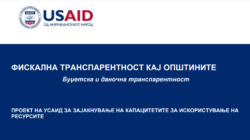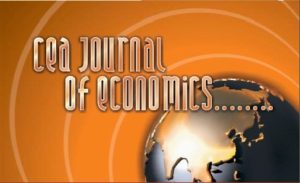The question of whether to go to the elections without the SAO’s chief auditor makes no sense as those two things are incompatible with one another and only point to the contradiction brought about by the unsustainable procedural democracy practiced by the party-tribal establishment in Macedonia.
For a long time in Macedonia the social contract outlined in the Constitution of the country has not been respected. Namely, we have been living in a procedural democracy for a long time, which respects the administrative form of fulfilling the institutions of the executive, legislative and judiciary with elected, appointed and appointed persons, with an administration that should work but decisions on the future of the citizens of Macedonia are taken to another level on a party-tribal community basis. This dynamic has been going on for a long time, and that dynamic of social action is unsustainable and leads to a situation of vulgarizing whole systems that serve to regulate and correct use of public resources, to regulate and correct market mechanisms and to regulate the services to citizens. In these spheres, decision-making levers are shifted by law and are vulgarized and bypassed by decisions taken at informal meetings of the party-tribal establishment.
Hence, the question of whether to go to the elections without the SAO’s chief auditor makes no sense as the two are incompatible with each other and only point to the contradiction brought about by the unsustainable procedural democracy practiced by the party-tribal establishment in Macedonia. Namely, the SAO should be an independent institution, and since the party-tribal establishment has captured all institutions and made decisions at informal decision-making points outlined in the Constitution, it gives them room for commotion not to elect a chief auditor, since it is known that no one will be held responsible. It is being questioned the need for the SAO to exist when no one responds to a high level neither by law, nor by moral or political responsibility following the SAO’s findings so far.
Therefore, to put the election in the context of selecting a chief auditor is just an additional murmur that does not address the essence of the problem, but adds spices to the folklore that goes to the delight of the media appetites of the party-tribal establishment for their mutual reproach, and in fact they don’t really care whether the SAO has a chief auditor or not. In their way of governing, this is of no particular importance to the citizens and how the resources of the state are spent. So, with this in mind, I also consider that the issue of the SAO’s constitutional category is depleted, naively, giving value only in the folk sense but not in the essential sense because it does not addresses the essence of the problem.
Marjan Nikolov
The blog you could find on the following link.















